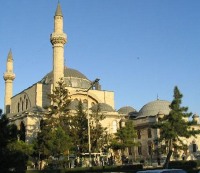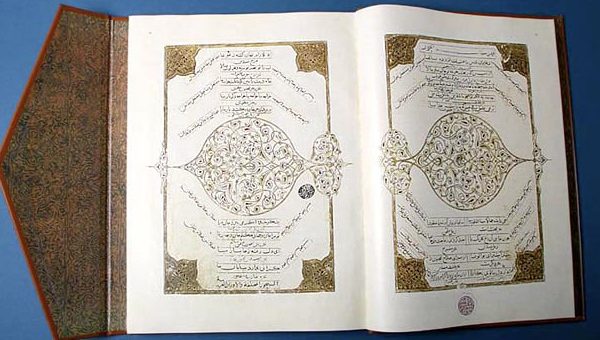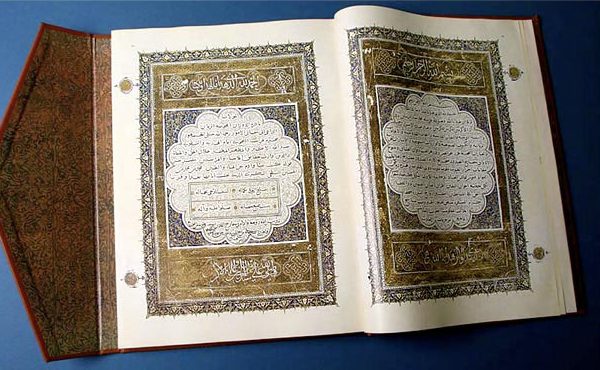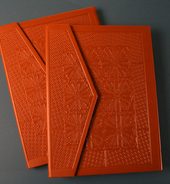One of the central figures of Islamic culture, Rumi only recently began to emerge as a poet of significance to Westerners. According to Zahra Partovi "...the most remarkable biographical information about Jalaluddin Rumi's life is not the appearance and disappearance of the mystic Shams, but Rumi's imperative and conscious decision to make a change in his career from a Sufi teacher to a poet. Here the medium is truly the message: the most successful Sufi teacher of all times with countless devoted followers chooses to communicate through the path of poetry. This masterful poet combines philosophy, mysticism, and psychology in a language so piercing as to enter the realm of music. It is this element more than any other which has made Rumi's poetry so irresistible to readers for over seven hundred years, even through the filter of translation".



| Mawlānā Jalāl-ad-Dīn
Muhammad Rūmī (Persian: مولانا جلال الدین محمد رومی), also known as
Mawlānā Jalāl-ad-Dīn Muhammad Balḫī (Persian: محمد بلخى), but known to
the English-speaking world simply as Rumi (September 30, 1207–December
17, 1273), was a 13th century Persian (Tājik) poet, Islamic jurist, and
theologian. Rumi is a descriptive name meaning "the Roman" since he
lived for the most part of his life in Anatolia which had been part of
the
Byzantine Empire two centuries before. Rumi was born in Balkh (in
present-day Afghanistan), then a city of Greater Khorasan, and died in
Konya (in present-day Turkey), then a city of the Great Seljuq Empire.
His birthplace and native language/local dialect indicates a Persian
heritage. His poetry is in Persian and his works are widely read in
Iran, Afghanistan, Tajikistan, Uzbekistan and in translation especially
in Turkey, Azerbaijan, the US, and South Asia. He lived most of his
life in, and produced his works under the Seljuq Empire. After
Rumi's death, his followers founded the Mowlawīyah, better known as the
"Whirling Dervishes," who believe in performing their worship in the
form of dance and music ceremony called the samāʿ (from Fotopages Fariborz and
Friends). |
